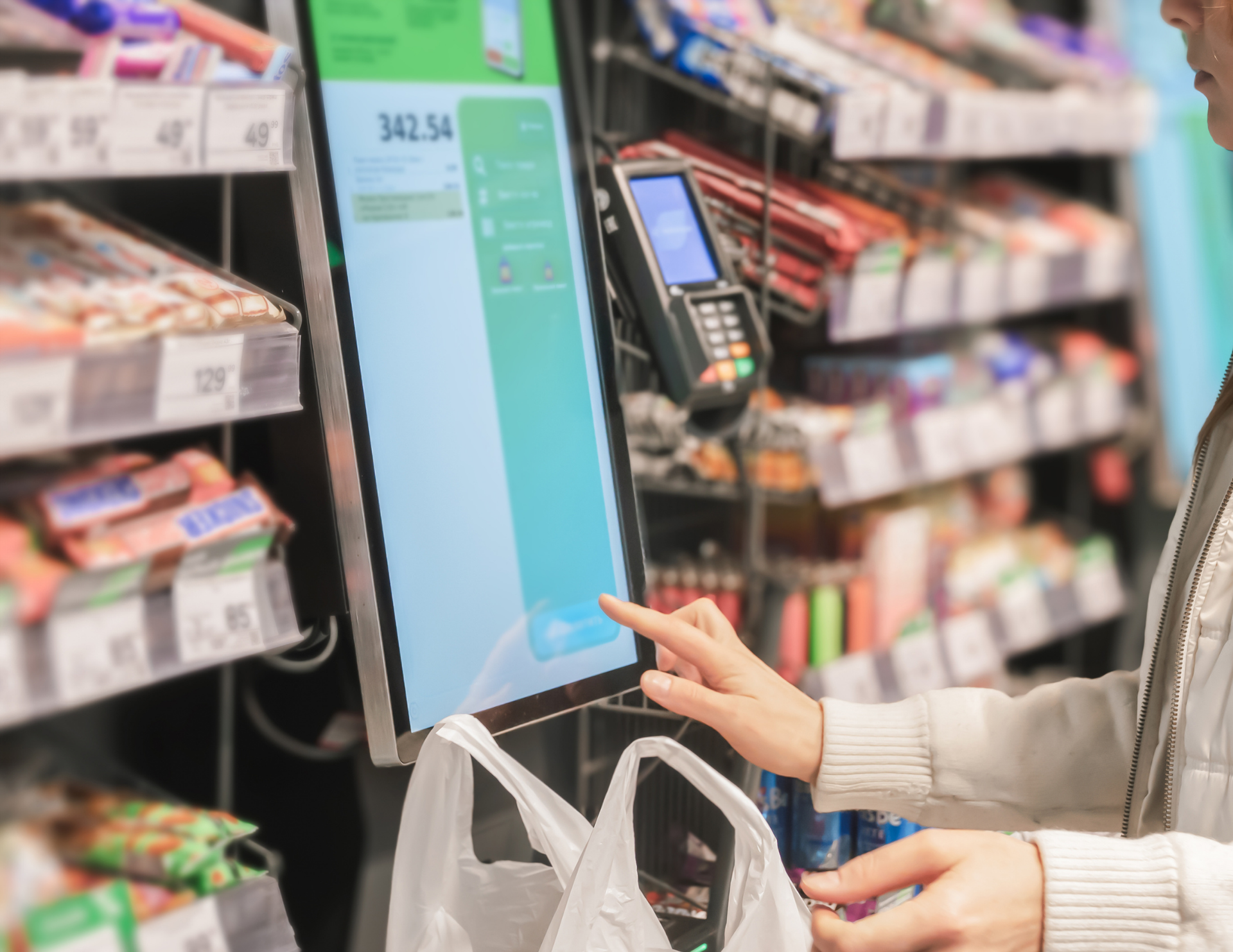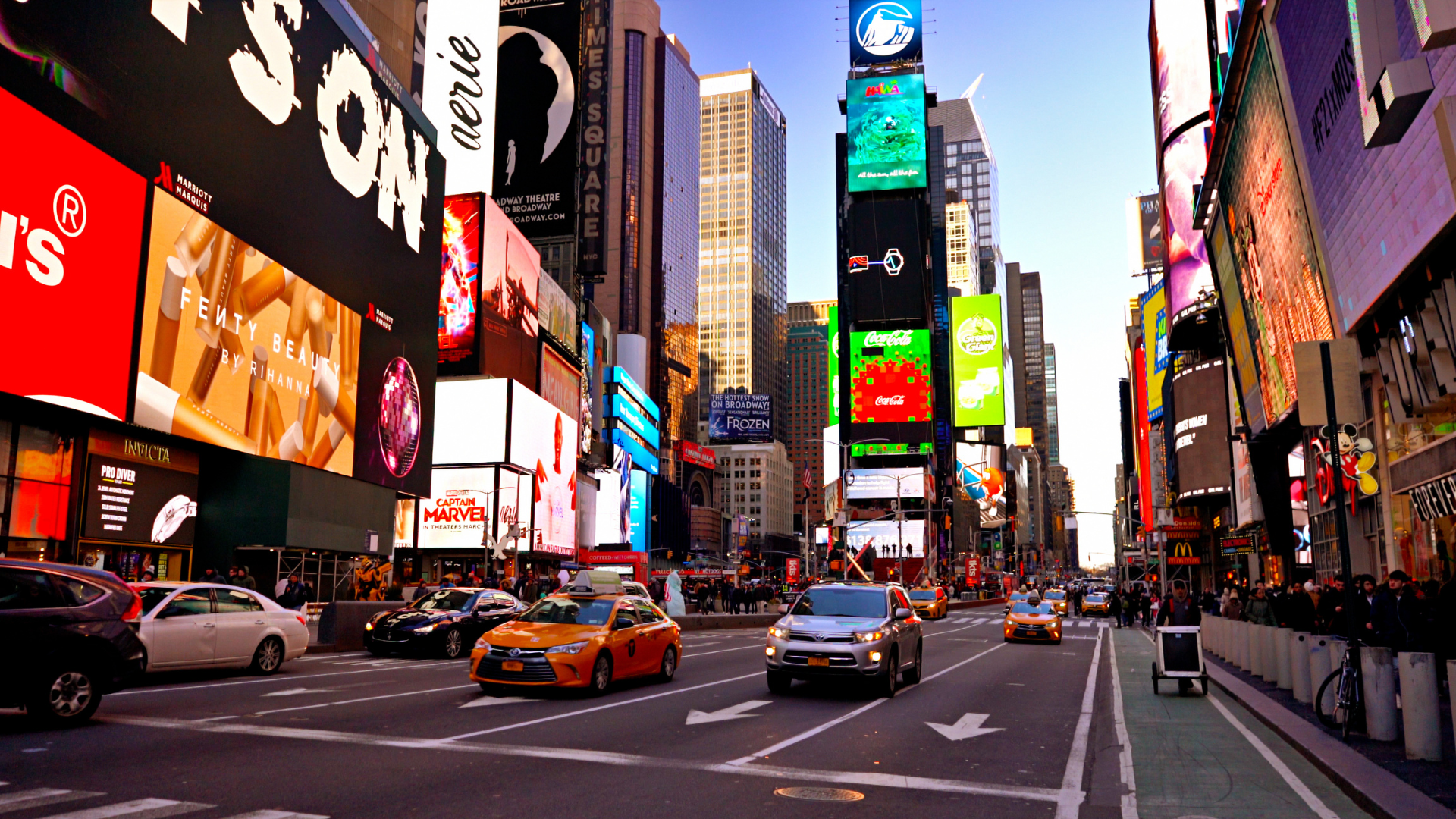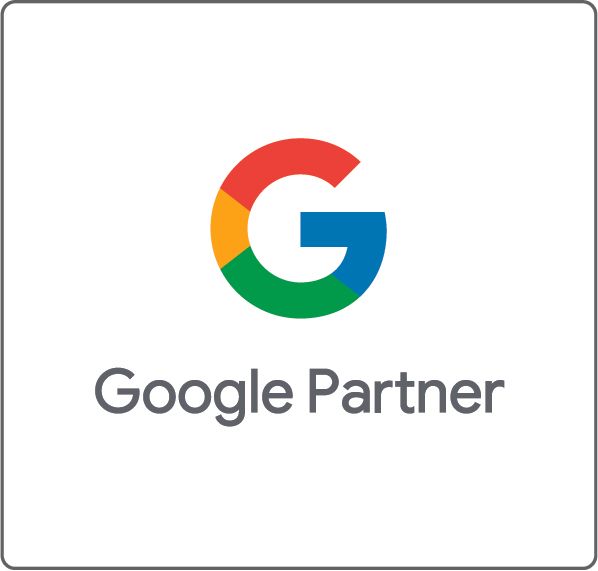The Social Media Generation Gap
In 2024, social media continued its rapid evolution with a surge in ephemeral content formats like Instagram Stories and TikTok videos. These platforms captivate younger generations, such as Generation Z (born 1997-2012), who crave authentic, real-time interactions and thrive on trending content. Simultaneously, social media has become a thriving marketplace with expanded e-commerce features, catering seamlessly to Generation Z and Millennials (born 1981-1996) who
prefer shopping directly within their favorite
digital hangouts . While Generation X (born 1965-1980) and Baby Boomers (born 1946-1964)
may engage less with ephemeral content, they remain stalwarts of platforms like Facebook and LinkedIn for communication, networking, and information-sharing. Privacy concerns cut across all demographics, underscoring the need for transparent and secure digital experiences. To succeed in this dynamic landscape, marketers must adapt swiftly, harnessing the allure of ephemeral content and maximizing e-commerce functionalities to forge meaningful connections with diverse age groups.
Generation Alpha (Born 2011-2025):
Generation Alpha, often referred to as "Mini Millennials," is set to become the
largest generation globally, wielding significant influence and buying power. Born into a world immersed in digital technology, they favor platforms like
Instagram and TikTok for their visually-oriented and interactive nature. This generation is expected to inherit their millennial parents' interest in
personalization and healthcare, making them responsive to brands that offer tailored experiences and emphasize humanized messaging. For marketers, focusing on visually compelling content and engaging storytelling through platforms that resonate with Generation Alpha's digital upbringing will be key to capturing their attention and loyalty.

Generation Z (Born 1997-2012):
As the first true digital natives, Generation Z has grown up with social media as an integral part of their daily lives. They are avid users of YouTube, Instagram, TikTok, and Snapchat, spending hours consuming and creating content. Gen Z
values authenticity and social responsibility in brands, often gravitating towards companies that align with their ethical beliefs and engage with trending topics and memes in a genuine way. They are
vocal about social issues like climate change and expect brands to demonstrate a commitment to these causes. Marketers targeting Gen Z should leverage influencer partnerships, user-generated content, and participate in online conversations to build trust and loyalty among this digitally focused generation.
Millennials (Born 1981-1996):
Millennials, now firmly established in their careers and family lives, remain active on platforms such as Facebook, Instagram, and X. This generation values
personalized experiences and informative content, often seeking out reviews, testimonials, and blogs before making purchasing decisions. They appreciate brands that engage
authentically and transparently, particularly through user-generated content and influencer collaborations. Millennials are also known for their preference for brands that reflect their values, such as sustainability and social responsibility. Marketers can appeal to Millennials by focusing on storytelling that resonates emotionally and offering personalized experiences that enhance customer loyalty.
Generation X (Born 1965-1980):
Generation X, sandwiched between Baby Boomers and Millennials, approaches social media with caution and primarily uses platforms like
Facebook for communication and information gathering. They are less likely to engage in content creation and prefer social media as a tool for staying connected with
friends and family or accessing reliable information. Gen X values
privacy and authenticity in online interactions, preferring brands that deliver straightforward and practical messages without overwhelming them with marketing fluff. Marketers should focus on providing valuable content that respects Gen X's need for privacy and delivers clear, informative messaging that aids in decision-making.
Baby Boomers (Born 1946-1964):
Baby Boomers, although less active overall on social media compared to younger generations, can be found predominantly on LinkedIn and Facebook. They use these platforms primarily for professional networking, communication with family, and researching products and services. Boomers value social media as a tool for accessing information and connecting with communities of interest, particularly those related to hobbies, travel, and retirement planning. They are less likely to engage in online shopping through mobile apps but appreciate social media for its ability to share interesting content and stay informed. Marketers can engage Boomers by providing educational content, expert insights, and fostering meaningful connections that cater to their specific interests and needs.
Understanding generational tendencies allows marketers to tailor their strategies effectively, ensuring their message resonates with diverse audiences. By recognizing the unique preferences and behaviors of each generation, brands can create more meaningful and impactful connections, driving engagement and loyalty across the board. Want to learn more about effective marketing strategies? Check out our
blog for additional insights, or contact us
here to see how we can help your business thrive.
















